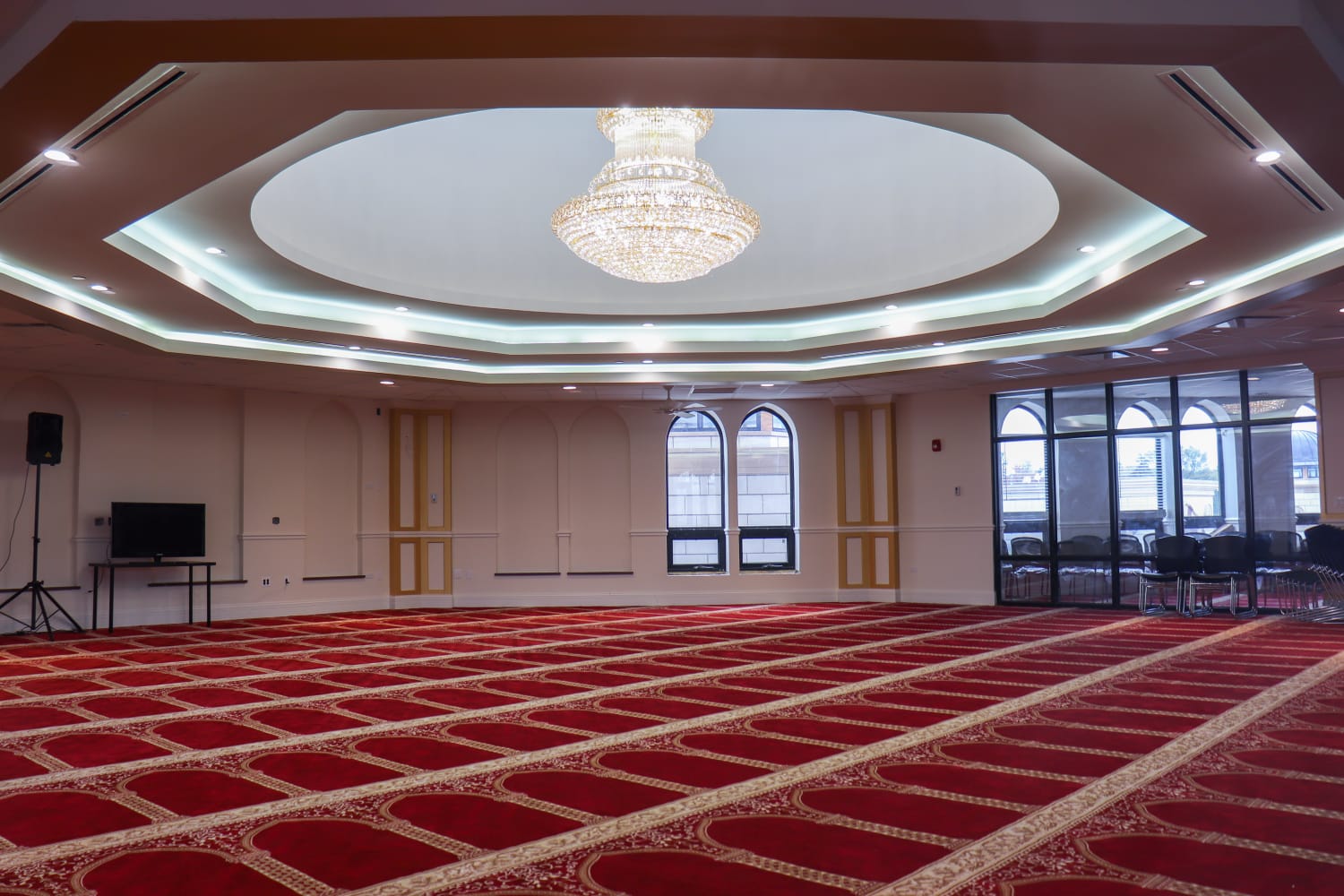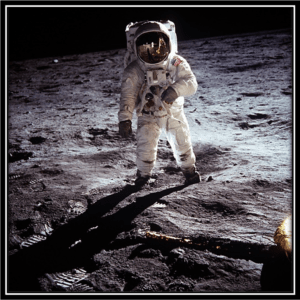Lessons from Apollo 11

Lessons from Apollo 11
By Rafi M. Ali, M.D.
Director of DarusSalam Seminary’s Tadrīs Integrated High School Program
This year marked the 50th Anniversary of Neil Armstrong’s “one small step” on July 20, 1969, as he became the first man to step foot on the moon. For space visionaries and friends of humanity everywhere, the story of Apollo 11 is a kaleidoscope of inspiration. But, have we learned its most transcendent lessons?
October 4, 1957 found the communist Soviet Union rejoicing over their Sputnik, the first man-made satellite to orbit Earth. If our foes controlled Earth’s skies, they could shower atomic missiles upon us. America could not afford to lose the space race. Yet, the Russian space program celebrated consecutive successes while Americans faltered. In April 1961, Soviet cosmonaut Yuri Gagarin became the first person in space. Indeed, at the dawn of the turbulent 1960’s, American prestige was eclipsed and the merits of capitalism and democracy were no longer self-evident.
President John F. Kennedy intended to change that. He was the spark that ignited NASA’s reach for the moon. Only four months after taking office, Kennedy addressed Congress in May 1961, and boldly challenged America to land a man on the moon and return him safely to Earth by the end of the decade. Experts had said that it couldn’t be done for another twenty years.
President Kennedy’s challenge didn’t stem from youthful optimism, but rather from a rare understanding of humanity’s true potential, and the precarious global political scene of his times. He understood that only an incomprehensibly singular feat far beyond the prevailing expectations of his world audience would definitively settle the super-power race. The moon landing offered a peaceful competition. Kennedy believed in America and its potential when united and inspired. He would stake his name and legacy on this understanding of life. The President need not worry. America responded.
NASA scientists worked around the clock. Massive rocket spacecrafts had to be built to cross the nearly quarter-million miles to the moon. Astronauts had to be protected from the dangers of space travel. Even if we reached the moon, any glitch before or during take-off from the moon could leave the astronauts stranded. There could be no rescue mission.
Armstrong was Captain America if there ever was one. He was the mission commander of Apollo 11, sharing the adventure with Buzz Aldrin and Michael Collins. Of Armstrong’s many endearing qualities, his quiet humility stands out. For example, Armstrong took dozens of photographs of Aldrin, yet the only complete profile of Armstrong on the moon is captured as a reflection on Aldrin’s visor — an oversight from excitement. When questioned about this, Armstrong’s magnanimous reply was, “I don’t think Buzz had any reason to take my picture, and it never occurred to me that he should. I have always said that Buzz was the far more photogenic of the crew.”[1]
Communism no longer presents to us the same threat. Today, democracy might instead be suffering from neglect. Some dangers still court the horizon. Civility of discourse, the soul of democracy, seeks rescue. Our children yearn for the warmth of intact families. Hispanics, Muslims, and our black brothers seek greetings without suspicion in this land of the free. Poverty still beckons millions. The sick fear the burdens of cure.
A nation that once dreamed of stars, seems to be struggling with its compass. Yet, the symbol of hope still glows in the sky. We must aim high. No doubt, humanity is greater than the sum of its challenges. Apollo 11 showed the world that much more can be accomplished together. Let us rededicate ourselves to the principles that we love and cherish. Among these and above all, that all are Created Equal. Let us live for meaning. Let us better ourselves and help others, so that we may do great things. Let us strive to live in the reflection of others. Indeed, if each takes this one small step, it would be a giant leap for Mankind.
|
Photograph of Buzz Aldrin |
There are many great lessons in the story of Apollo 11. Perhaps one of the most important lesson is that more can be accomplished together!
[1]. James R. Hansen, First Man: The Life of Neil A. Armstrong (New York: Simon & Schuster Paperbacks, an imprint of Simon & Schuster, 2018), 508.



